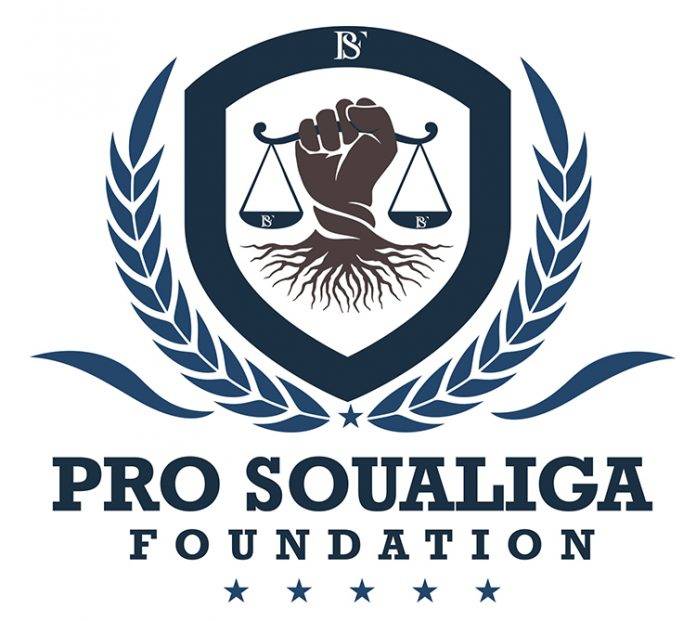In an unprecedented manner that harks back to the darkest days of totalitarianism, the Dutch State demanded that the Government of St. Maarten distance itself from Pro Soualiga. It elevated a small foundation with a board consisting of two individuals to the level of a national threat. Indeed, the financing of the entire country was made dependent upon the government distancing itself from Pro Soualiga which was indeed an unprecedented demand. This begs the question: What could Pro Soualiga Foundation have possibly done to alarm the Dutch State to such an extent?
The government was asked specifically to denounce the following statement made by Pro Soualiga: “The Kingdom Charter is an invalid legal instrument and cannot be used as (the) basis for any legislation”. This of course strikes at the very heart of the Kingdom arrangement and will eventually bring the Kingdom as we know it to an end. The fact that Pro Soualiga is aware of this flaw in the Kingdom Charter, and has made it public, explains the fear of the Dutch State.
How did Pro Soualiga determine that the Kingdom Charter is invalid?
Actually, it was the Dutch State that provided Pro Soualiga, albeit indirectly and unintentionally, with this information. During a case at the International Court of Justice between Great Britain and Mauritius, the Kingdom of the Netherlands submitted a so-called “Written Statement of the Kingdom” to the Court. In that document, the Kingdom presented itself as a champion of the right to self-determination and defended the position that there are international legal consequences to a “possible” violation of the right to self-determination. It went on to state that if the right to self-determination is violated the results of such an act are null and void.
The debate concerning the Kingdom Charter took place at the United Nations (UN) in 1955. After that debate, the UN passed Resolution 945X on December 15, 1955. In that resolution, the UN members pointedly refused to state that the people of the Netherlands Antilles had exercised their right to self-determination. This was remarkable because in every other decolonization resolution during the 1950s, the United Nations always stated that the people concerned had “exercised their right to self-determination”. Pro Soualiga also knows why this came about. Many members did not believe that the Kingdom Charter, which basically ushered in a new colonial relationship, could be an expression of “self-determination”.
The UN clearly signaled by its action, or lack thereof, that the Kingdom Charter was a violation of the right to self-determination. In the Written Statement of the Kingdom, the Dutch State defended the position that any “situation” brought about by a violation of the right to self-determination is null and avoid, and urged third party states not to recognize a situation created as a result of a violation of the right to self-determination. Additionally, because we know that the UN holds that the Kingdom Charter is not an expression of the right of self-determination, one can safely conclude that the Kingdom Charter is an invalid legal instrument. It is this knowledge, provided by the Dutch State itself, that perhaps can explain the Dutch State’s trepidations with Pro Soualiga.
Pro Soualiga Foundation





























